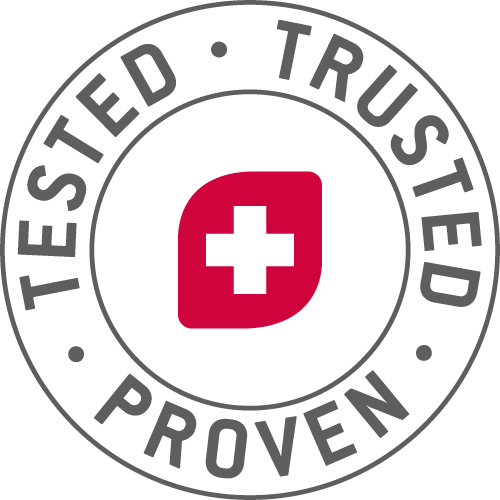Search
Muscle cramps occur in sports during or after intense physical activity. They are often triggered by muscular overuse, dehydration or loss of electrolytes. In particular, heavy sweating and the associated loss of sodium and potassium increase the risk of cramps. As a preventive measure, athletes should ensure that they consume sufficient fluids and electrolytes before and during exercise. If painful cramps do occur, stretching the affected muscle and taking Muscle Relax can help. The bitter-sour oral solution is based on cucumber juice, vinegar, quinine and ginger and inhibits uncontrolled muscle contractions. With added magnesium to support normal muscle function.
At more than 100 sporting events with more than 100,000 athletes every year, SPONSER® products are not only put through their paces under laboratory conditions, but also in practical tests. So not only our products, but also our athletes are always one step ahead of the competition.
At more than 100 sporting events with more than 100,000 athletes every year, SPONSER® products are not only put through their paces under laboratory conditions, but also in practical tests. So not only our products, but also our athletes are always one step ahead of the competition.
